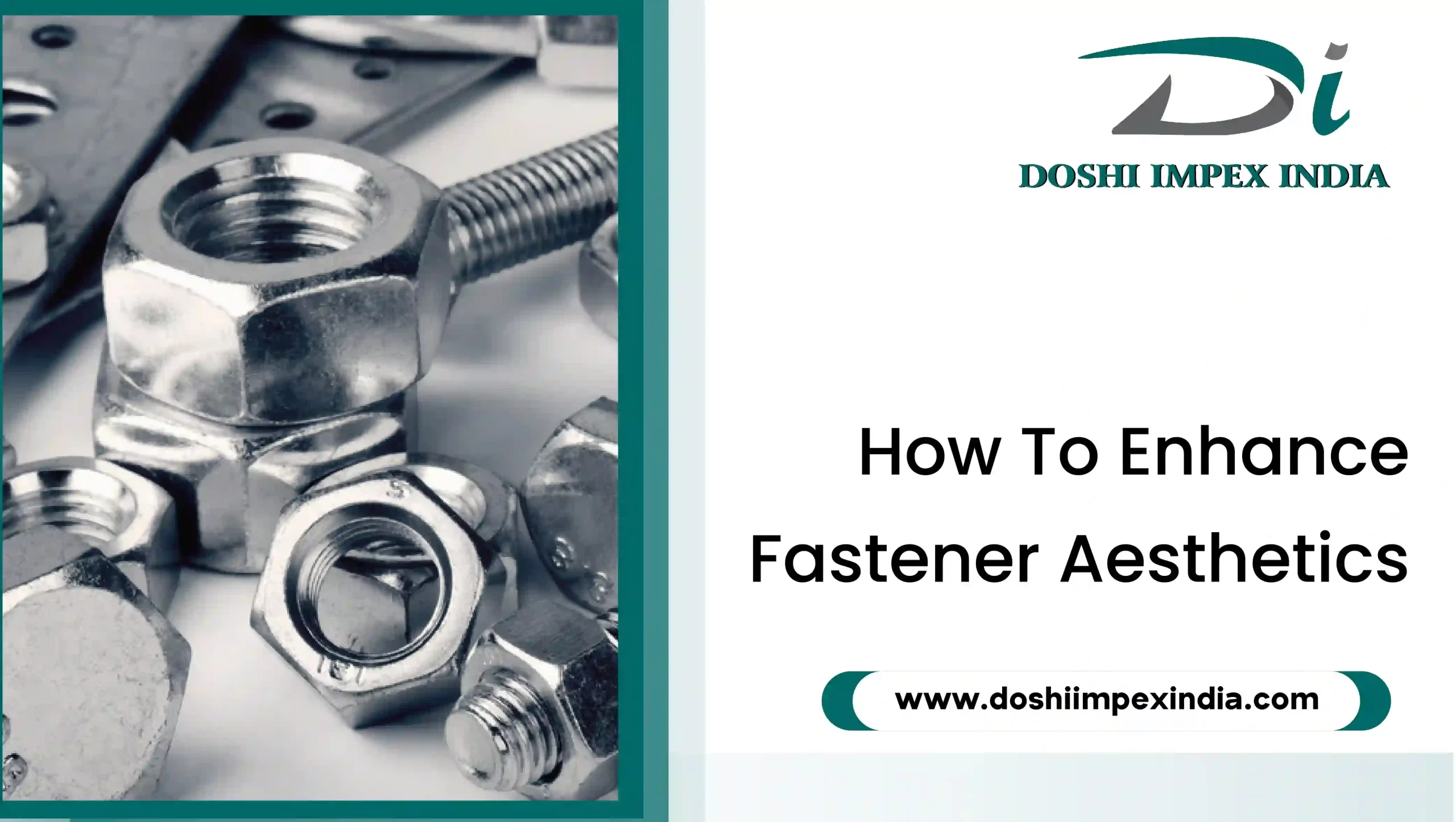Fasteners are essential in piping systems to create non-permanent joints for the components during their assembly. These pipe fittings find extensive applications, from accessories developed for a pressure-intensive environment to applications exposed to high temperatures. Fasteners require protection, given their extensive applications. Fastener coatings help protect these accessories and also improve their aesthetics. The following guide explains ways to enhance fastener aesthetics.
How and why to enhance fastener aesthetics?
Fasteners undergo constant wear and tear, resulting in the depreciation and corrosion of these accessories. Aesthetic finishes can improve fastener longevity. These aesthetic finishes also improve the fastener’s corrosion and abrasion resistance. It also helps these accessories to decrease failure rate frequency in various demanding environments.
Enhancing the aesthetics of fasteners varies from industry to industry and its usage. Fasteners undergo high physical stress and extreme temperatures, particularly ones that find applications in the automobile industry, while fasteners like types of nuts and bolts used in the food industry are subject to constant cleaning routines. In either case, these pipe-fitting accessories are subject to constant wear and tear and require finishing treatments for aesthetics and protection.
Ways to enhance fastener coatings
Some of the well-known fastener finishing treatments used for their aesthetics and durability are as follows:
- Anodizing: The process involves using an acid electrolyte bath to apply the metal coating with an anodic oxide film. It utilizes an electrochemical process where fasteners with an anodic oxide finish become durable, corrosion-resistant, and decorative. The oxide layer acts as an adhesive for processes involving coating.
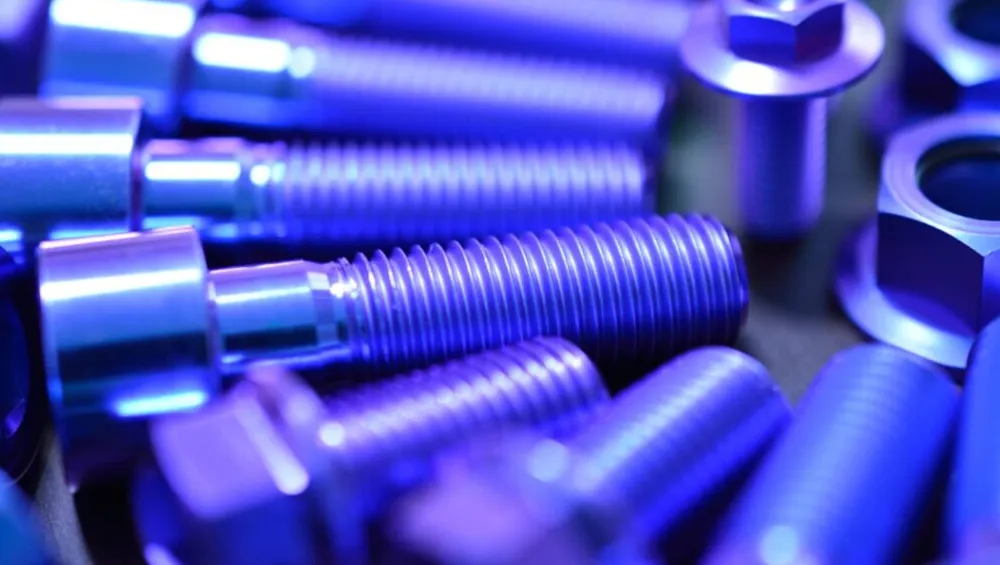
- Zinc electroplating: It is another type of corrosion resistance electroplating done on ferrous metals. It is a process where the fastener is thin-bathed by passing an electric current through it. As zinc corrodes slower than steel, a thin coating lasts longer on the fasteners and improves their finish.
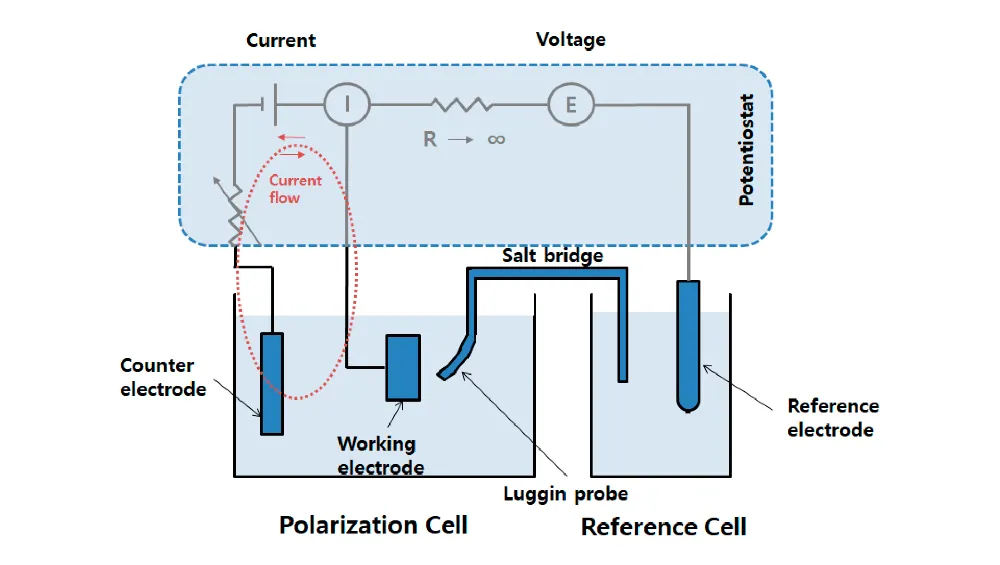
- Black Oxide: Also known as blackening, the process is specially used for coating ferrous and copper-based metal fasteners. The blackening process helps in making metal mild corrosion resistant and less reflective to light. It offers a black finish to the fasteners. The process involves dipping the fasteners in oil for corrosion resistance enhancement.
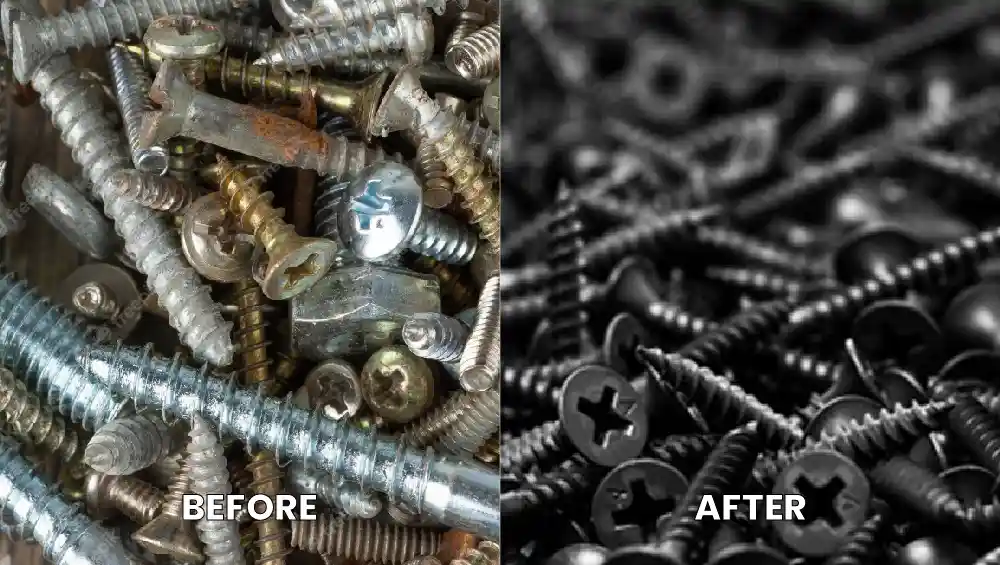
- Dip-Spin Coatings: In the dip-spin coating process, the fastener is placed in a wire meshed basket and dipped into the coating solutions basket. After a specific time frame based on the coating container, the wire meshed basket is removed and spun to remove any excess layers and dropped in a vibrating tray to even out the coating. The process can enhance the corrosion resistance of nuts and bolts and other fastening accessories like washers.
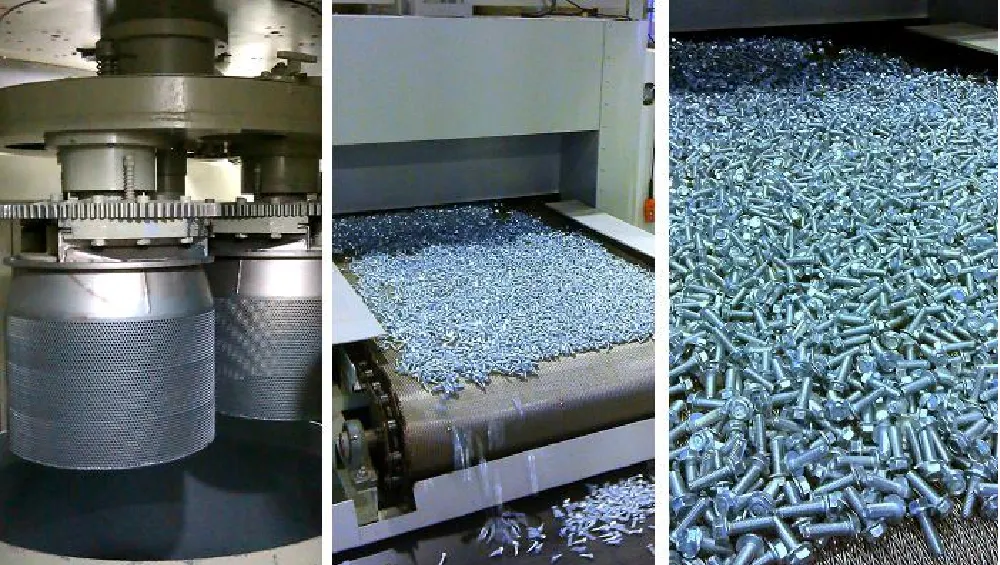
- Chromate Coating: This coating can be perfect for aluminum, copper, and stainless steel fasteners. Chromate coating offer corrosion resistance. The process lowers surface oxidation and offers adhesive properties to the fasteners.
- Hot Dip Zinc: It is a galvanization process for coating ferrous metals such as iron and steel with zinc. The fasteners, for instance, different types of washers, are dipped in molten zinc to form an oxidation process while covering the fasteners. The process provides stainless steel fasteners anticorrosive.
- Passivation: Passivation is a chemical treatment process involving the removal of iron particles and other corrosive materials from the surface of stainless steel fasteners, aluminum, and aluminum alloy fasteners. The surface treatment process prevents surface contamination and increases the anti-corrosion property of the material. The fastener passivation process involves dipping them into nitric acid to remove any particles from the surface.
- Iridite: It is a non-chrome chemical technique involving aluminum and aluminum alloy fasteners coated with chromate. Iridate coating can be applied via dipping, brushing, or spraying techniques.
Final thoughts
Fasteners are accessories essential for joining different piping components and allow dismantling if required, leaving little to no damage to the system, thanks to fasteners. There are various types of fasteners available with multiple stainless steel fasteners manufacturers, like washers, nuts, bolts, anchor bolts, brass fasteners, etc. These pipe fittings are available in extensive designs, dimensions, and materials grades with the reputed stainless steel fastener manufacturers in India like Doshi Impex India. The flange fitting manufacturer also provides these fasteners in different materials like high nickel fasteners, duplex fasteners, and super duplex fasteners. For more information on their product range, explore their website today!
 Call +91 9833907060
Call +91 9833907060 Send E-mail
Send E-mail
